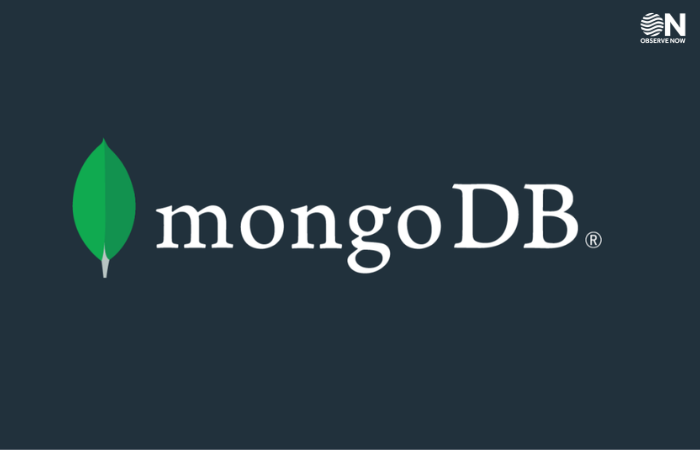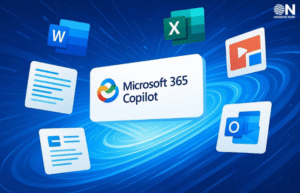MongoDB Doubles Down on India’s Database Boom with Local Investment and Innovation

MongoDB is strengthening its position in India amid a surge in demand for modern database solutions, according to a recent Entrepreneur India profile. The company’s multi-pronged strategy includes ramping up local engineering, partnerships, and go-to-market initiatives to meet evolving digital transformation needs across the region.
India now hosts nearly 700 MongoDB employees, including a burgeoning engineering team embedded within the global R&D framework. This growth reflects a strategic focus on deepening on-the-ground development and customer support across key metros like Bengaluru and Gurugram. The firm’s workforce expansion echoes past investments, such as its 2023 university upskilling initiative targeting 500,000 students via partnerships with AICTE, GeeksforGeeks, and SmartInternz.
MongoDB India counts a wide range of clients—from early-stage startups like RFPIO to major unicorns such as Zomato and Zepto, along with large financial institutions like Canara HSBC Life and digital platforms including SonyLIV. Sachin Chawla, Vice President for India and ASEAN, highlighted the firm’s two-pronged modernization approach: building new applications and upgrading legacy systems using AI-enhanced full-stack modernization practices. Among its flagship achievements, Tata Neu—a loyalty app integrating over 40 Tata businesses—was built on MongoDB, demonstrating scalability and composability.
The Indian DBMS market stood at approximately USD 2.5 billion in 2024 and is forecasted to triple to USD 7.5 billion by 2030, growing at a CAGR of nearly 20%. India is positioned behind China but is growing more rapidly. While MongoDB distinguishes itself with its versatility handling unstructured data and AI-native workloads, it contends with other NoSQL platforms like Redis, Cassandra, and DynamoDB—each with notable market traction.
India boasts an active developer community, with millions of MongoDB downloads and approximately 360,000 registrations from Indian users on MongoDB University. MongoDB is rolling out real-time streaming, vector search, and full-text search capabilities—features critical for AI integration and modern workloads. Its strategy positions the platform beyond a simple NoSQL engine, evolving into a comprehensive “developer data platform.”
MongoDB plans to deepen sales penetration with startups, digital-native enterprises, ISVs, and large corporations while continuing to expand engineering and product operations across Bengaluru and Gurugram. This approach—combined with ongoing academic skilling programs and broader enterprise migration drives—underlines India’s strategic importance to MongoDB’s global growth.
















